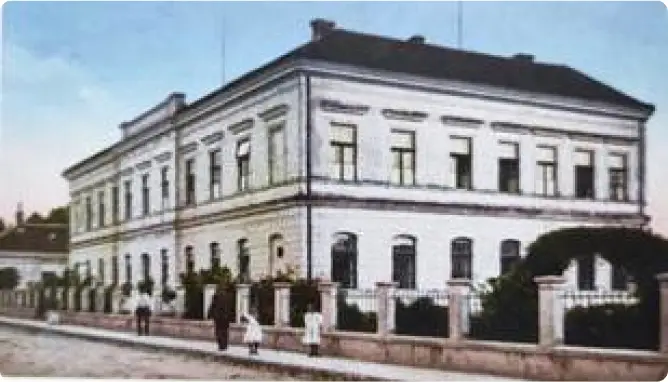
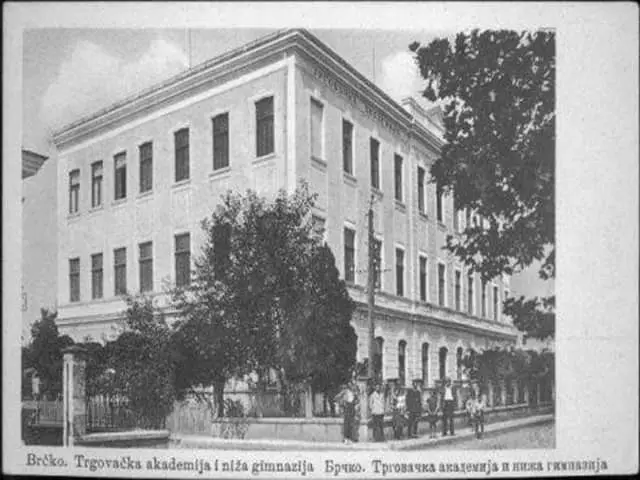
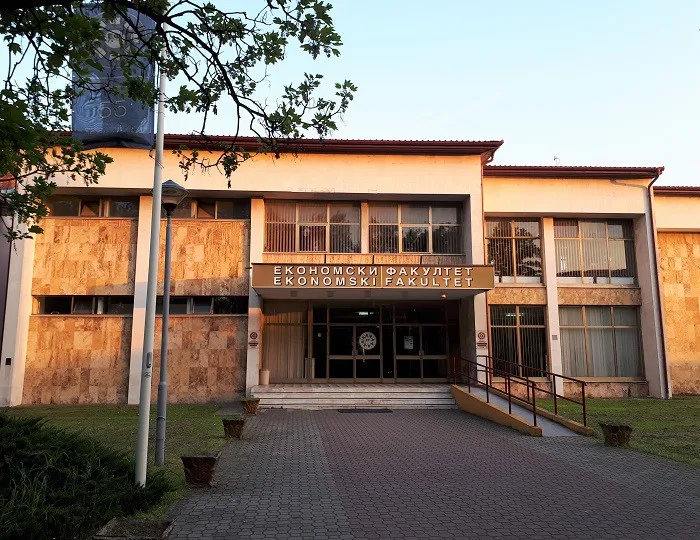
Since 1992, the Faculty of Economics in Brčko has been part of the University of East Sarajevo (formerly the University of Serb Sarajevo). During the period from 1992 to 1995, the faculty did not enroll new students, and its activities were focused on organizing consultations and exams for students who had already been enrolled. In the 1996/97 academic year, students were enrolled at the Faculty of Economics in Brčko as a department of the Faculty of Economics in Banja Luka, and in the 1997/98 academic year, regular student enrollment at the Faculty of Economics in Brčko resumed.
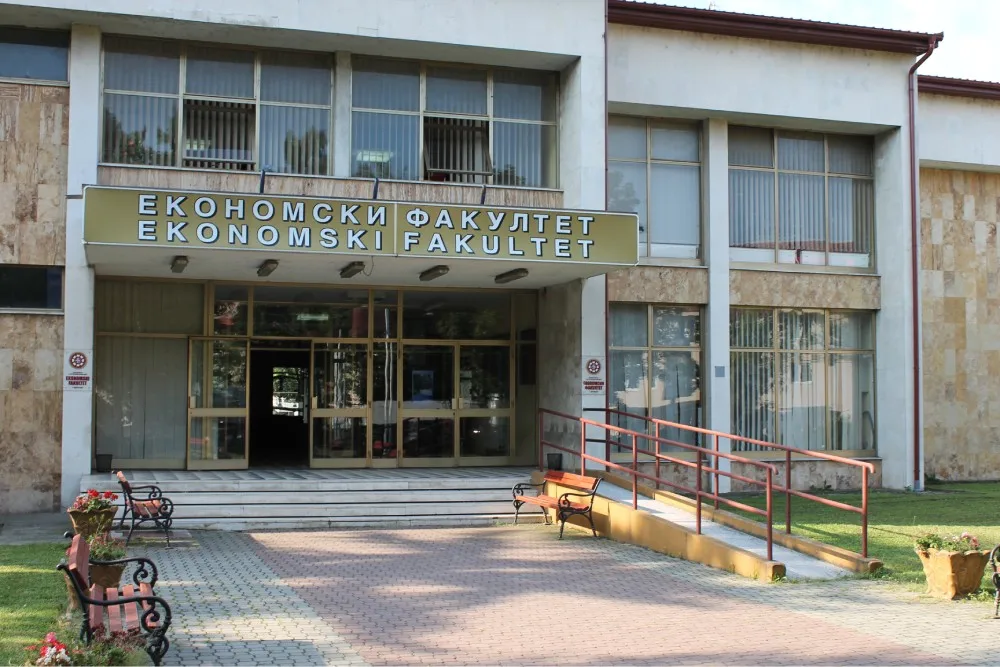
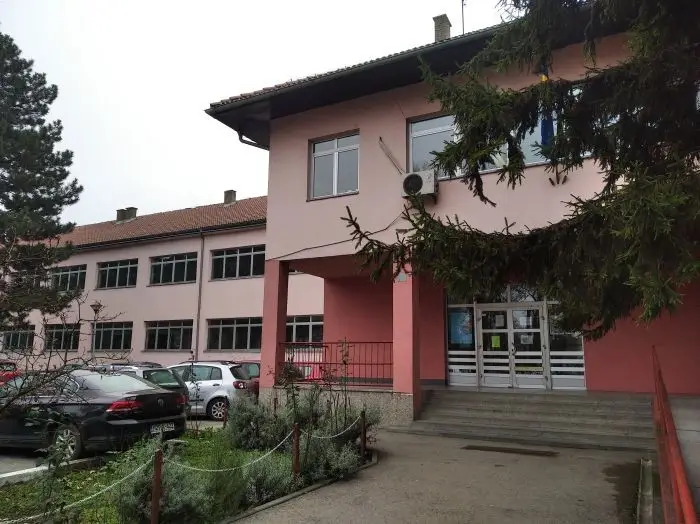
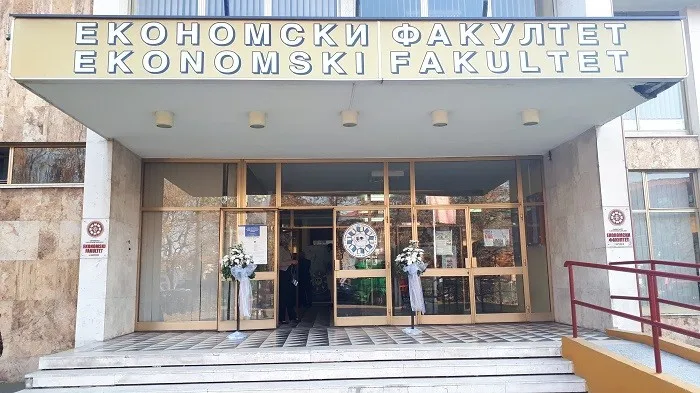
Over the years, the faculty members and associates have published more than fifty textbooks, books, and monographs in the fields of economics, management, informatics, statistics, accounting, business finance, and related areas. The Faculty regularly publishes collections of papers by its staff and associates, as well as a scientific journal. A large number of scientific and professional projects, studies, reports, and investment programs have also been completed, significantly contributing to the development of the economy and social activities in the broader region and Bosnia and Herzegovina as a whole.
The faculty members and associates have played a significant role in scientific conferences, seminars, and round tables organized over the past 45 years across the former Yugoslavia, the Republic of Srpska, and Bosnia and Herzegovina. Through this form of engagement, the Faculty has established valuable cooperation with many universities, related faculties, and scientific institutions (such as research institutes and institutes) from Bosnia and Herzegovina, as well as from most of the republics of the former SFR Yugoslavia.
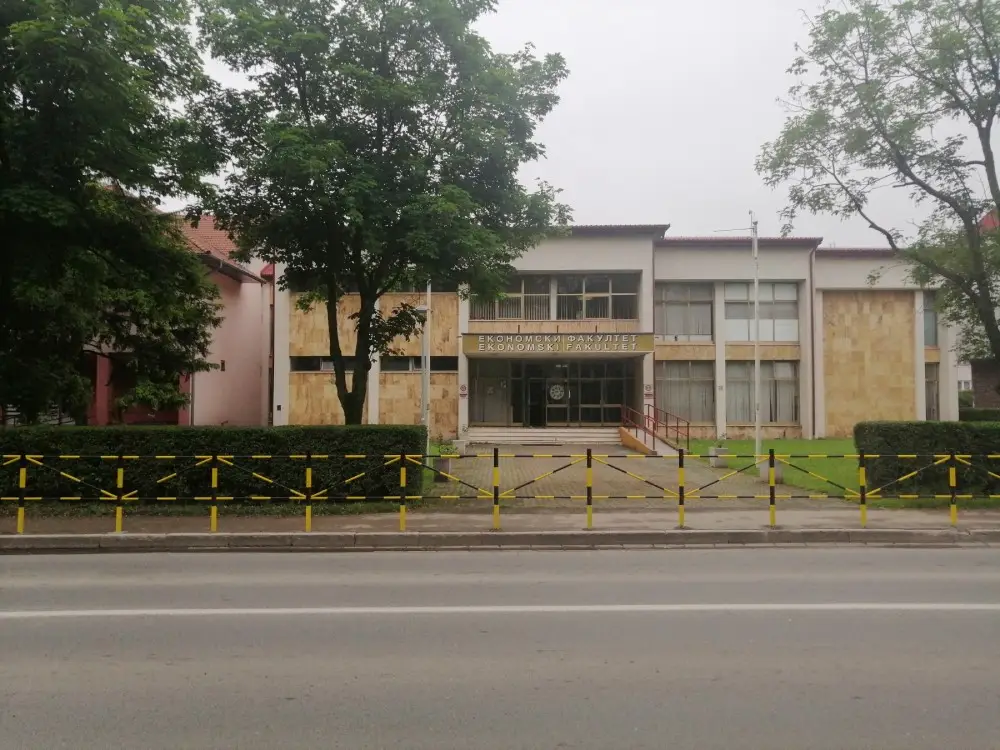
Collaboration with the aforementioned institutions has also enabled cooperation in the areas of teaching and scientific research, allowing the Faculty to engage prominent professors and experts from economics and related fields in teaching and various forms of scientific research activities over the years.
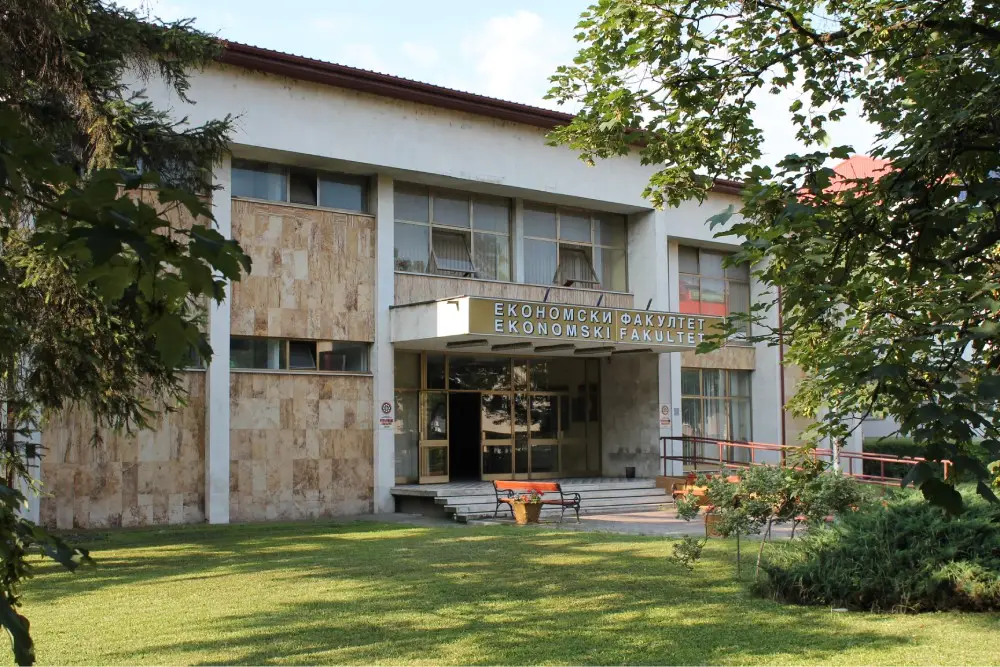
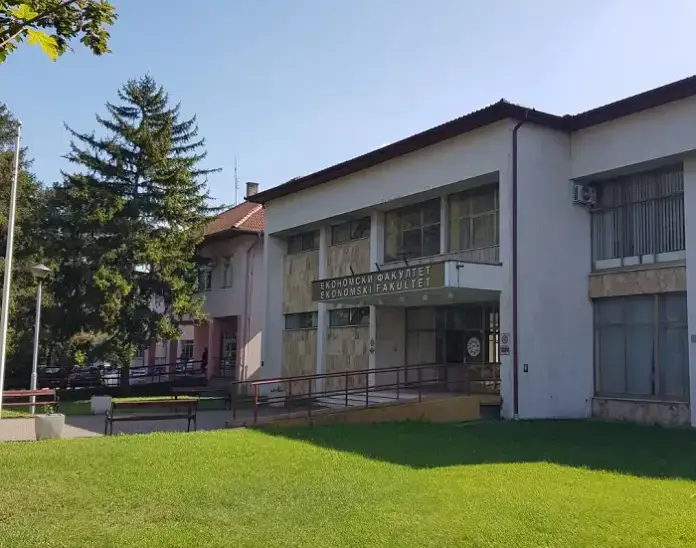
The studies at the Faculty of Economics Brčko are organized in the study program Economics in two cycles:
(1) First cycle: 8 semesters, 240 ECTS credits.
(2) Second cycle: 2 semesters, 60 ECTS credits.
The first cycle lasts four years, after which a diploma and the title of Bachelor of Economics are obtained, with an indication of the relevant field:
(1) Accounting and Finance or
(2) Management.
Students in the first and second years attend classes and take exams in common subjects, and after meeting the requirements for enrolling in the third year of study, they can choose one of the mentioned study fields.
The second cycle (master's program) lasts one year, after which the title of Master of Economics is obtained. The master's program includes two study programs:
The curriculum for both cycles of studies is a combination of the old and the newly revised curriculum, considering that the curricula are continuously being updated.
Since its founding, the Faculty of Economics in Brčko has had 14 deans. The first dean of the Faculty was Prof. Dr. Murat Sinanagić, with Prof. Dr. Dušan Penezić and Doc. Mr. Šefik Mulabegović serving as vice-deans. The current dean of the Faculty is Prof. Dr. Srđan Lalić, the vice-dean for teaching and student affairs is Prof. Dr. Lejla Terzić, and the vice-dean for scientific research is Doc. Dr. Dejan Tešić.
Headquarters: Brčko District of Bosnia and Herzegovina
Phone numbers:
+387 49 234 940
+387 49 234 921
Fax:
+387 49 234 942
+387 49 234-912
Web address:: http://www.efb.ues.rs.ba/
Email
dekanat@efb.ues.rs.ba
sekretarijat@efb.ues.rs.ba
studentska.sluzba@efb.ues.rs.ba
konferencija@efb.ues.rs.ba
zbornik@efb.ues.rs.ba
savez.studenata@efb.ues.rs.ba
icefbd@efb.ues.rs.ba